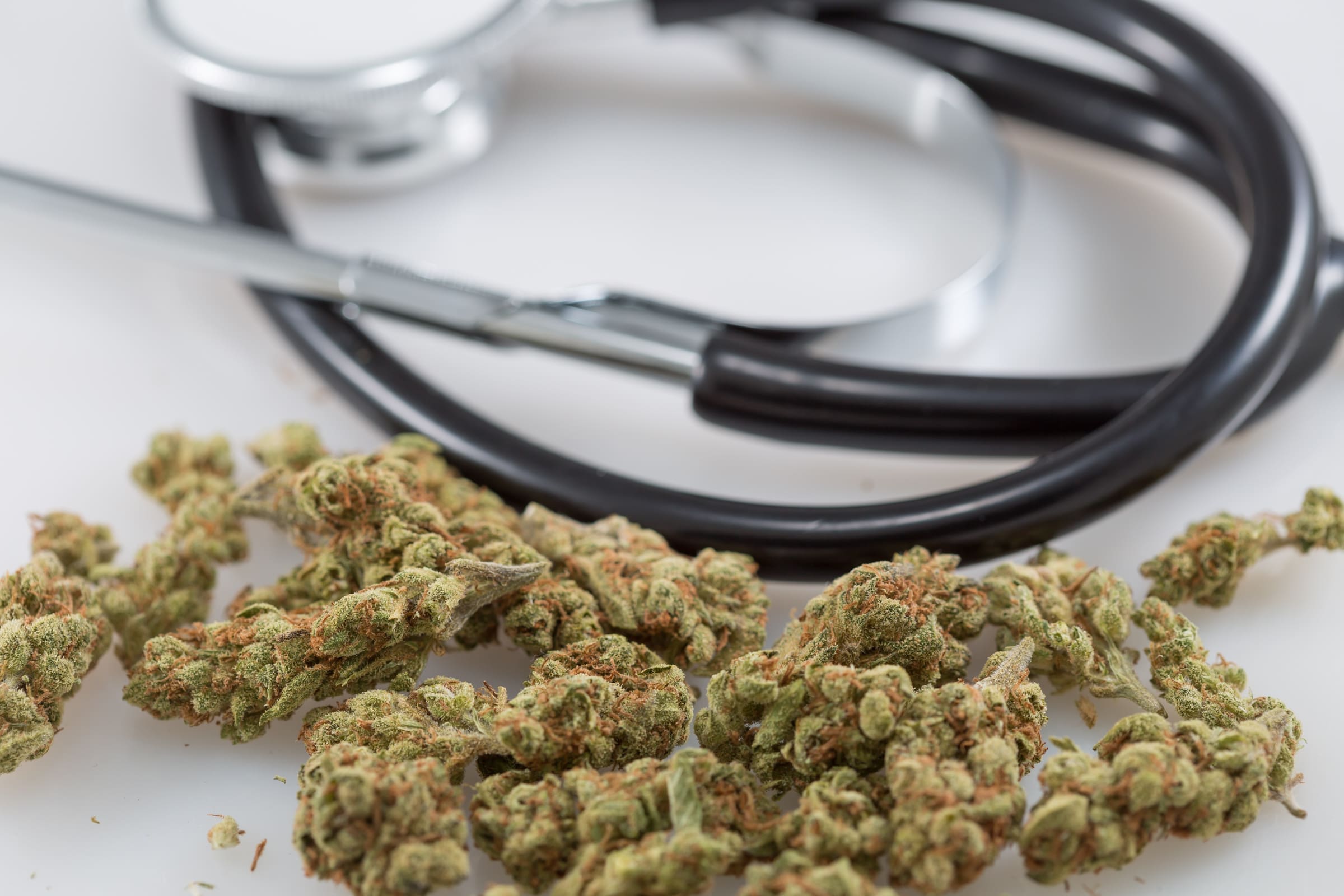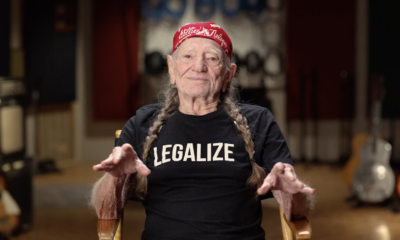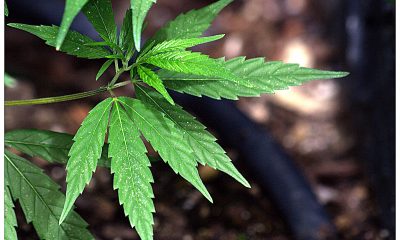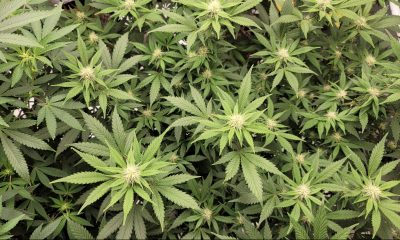Politics
V.A. Issues New Medical Marijuana Policy For Military Veterans

Doctors with the U.S. Department of Veterans Affairs still can’t recommend medical marijuana, but they are being encouraged to talk more about it with military veterans.
That’s what a new V.A. policy being rolled out this month says.
The directive urges government doctors to “discuss with the Veteran marijuana use, due to its clinical relevance to patient care, and discuss marijuana use with any Veterans requesting information about marijuana.”
However, the policy reiterates the department’s long-held position that “to comply with Federal laws such as the Controlled Substances Act…providers are prohibited from completing forms or registering Veterans for participation in a State-approved marijuana program.”
V.A. Misstates Federal Law
In fact, no provision of federal law blocks the department from allowing its doctors to fill out medical cannabis recommendation forms in states where it is legal, even under continued federal prohibition.
In 2003, the U.S. Supreme Court let stand a federal ruling finding that doctors have a First Amendment right to recommend medical cannabis to patients, as long as they don’t actually provide marijuana.
The only thing standing in the way of government doctors recommending medical cannabis to veterans is the V.A.’s own internal policy, which the the department’s Veterans Health Administration just extended with the new directive.
V.A. Sec. David Shulkin has repeatedly tried to pass the buck to Congress when asked about the issue in interviews.
During a White House briefing earlier this year, he said that state medical cannabis laws may be providing “some evidence that this is beginning to be helpful, and we’re interested in looking at that and learning from that.” But he added that “until time the federal law changes, we are not able to be able to prescribe medical marijuana for conditions that may be helpful.”
Shulkin has even gone so far as to allege that the agency can’t even participate in research on medical cannabis.
From the federal government point of view, right now we are prohibited by law from doing research on it or prescribing it,” he said in one interview. “We are not going to be out there doing that research or prescribing these different medicinal preparations unless the law is changed.”
In another interview, Shulkin said that it is “not within our legal scope to study that in formal research programs or to prescribe medical marijuana, even in states where it’s legal.” He added, “if a law change at the federal level is appropriate, that could happen.”
Medical Marijuana Recommendations Vs. Prescriptions
The distinction between recommendation and prescription is an important one.
No physician in the U.S. — government or private — can prescribe marijuana, because prescription is a federally-regulated process and cannabis currently falls under the Controlled Substances Act’s restrictive Schedule I, a category that is supposed to be reserved for drugs with a high potential for abuse and no medical value.
That’s why the 29 states with medical cannabis access allow doctors to simply recommend the drug, circumventing the prescription process, within the scope of the protections of the 2003 federal case mentioned above.
Other Details Of New V.A. Policy
In addition to the “prohibition on recommending, making referrals to or completing forms and registering Veterans for participation in State-approved marijuana programs,” the new V.A. directive continues a policy that the government won’t pay for veterans’ medical cannabis.
It also specifies that the directive only prohibits use of medical marijuana by V.A. employees, not patients who don’t work for the department.
“Veterans must not be denied VHA services solely because they are participating in State-approved marijuana programs,” it says.
Those patients just have to get their cannabis recommendations from physicians outside the V.A., which can be costly and confusing for some veterans.
The new policy also seems to further encourage government doctors to more closely track and record information about veterans’ use of medical marijuana.
“Clinical staff may discuss with Veterans relevant clinical information regarding marijuana and when this is discussed it must be documented in the Veteran’s medical record,” it says. “Providers need to make decisions to modify treatment plans based on marijuana use on a case-by-case basis, such decisions need to be made in partnership with the Veteran and must be based on concerns regarding Veteran health and safety.”
The V.A.’s previous medical cannabis policy, enacted in 2011, technically expired on January 31, 2016, but remained in place until the enactment of the new directive, effective this month. The new policy is set to expire at the end of 2022.
Read the full new V.A. policy below:
Veterans Affairs Medical Marijuana Policy by tomangell on Scribd
















